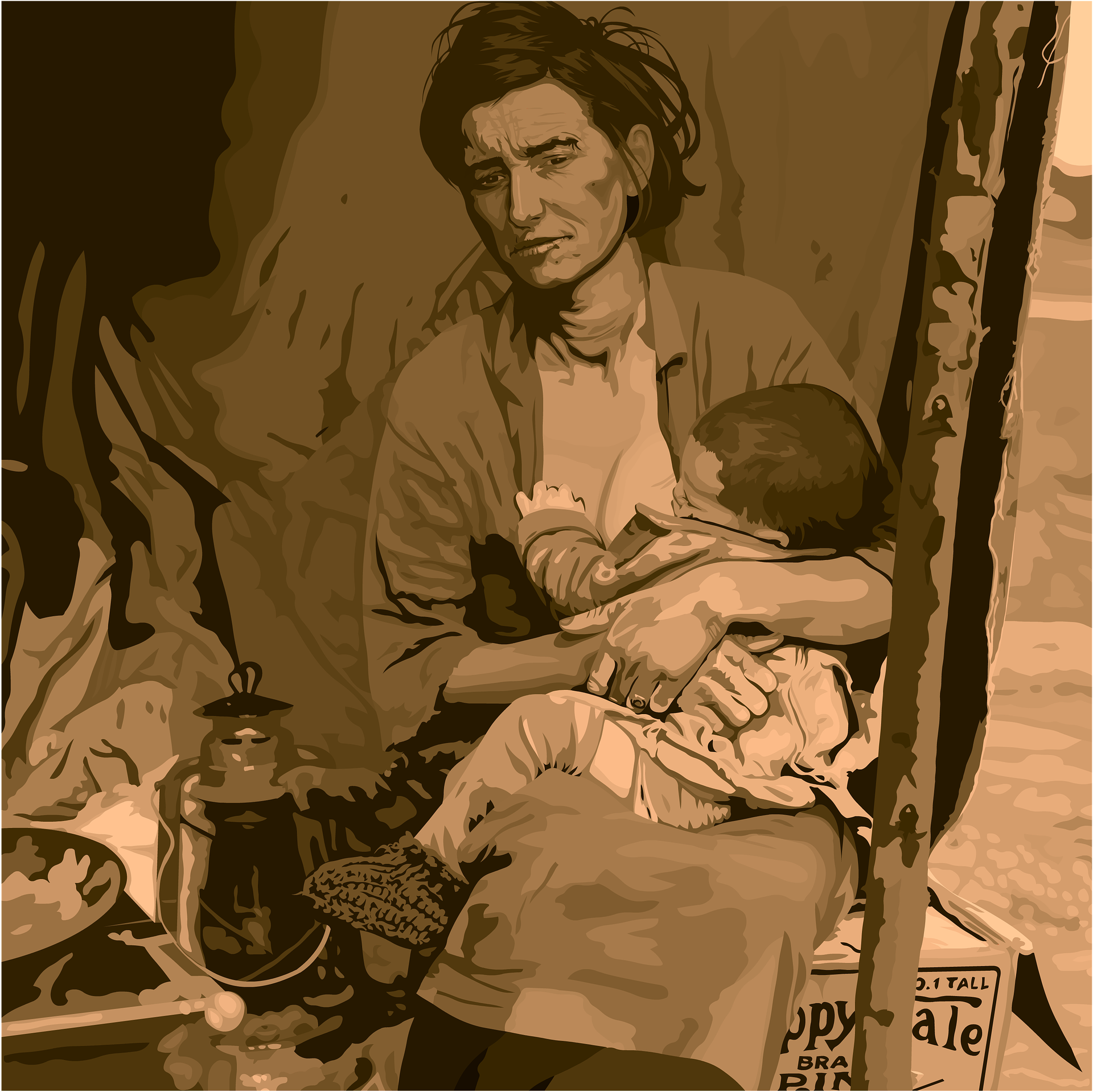Globally, 800 million people do not consume enough food. While women have a special role in the nutrition status of populations, they are still at a higher risk of malnutrition. According to the World Food Programme, for instance, women and girls are at a higher risk of malnutrition than men. It has also been unveiled that an estimated 60% of the world’s undernourished and 70% of the world’s poor are women and girls.
Gender inequality begins in the womb, thereby affecting the growth and development of girls throughout their lifespan and across generations in developing countries. By improving nutrition, we can achieve gender equality – because good nutrition and gender equality reinforce each other.
However, it seems that current gender inequalities are hindering this improvement by posing as a roadblock to the development and empowerment of women.
Across the world, there are significant variations between male and female nutrition status. The vulnerability of women and girls to nutritional deficiencies are evident in many publications and policy interventions. This difference can be observed in adolescence where there is usually a greater prevalence of diet related diseases in girls than boys.
For example, one study has found the rate of under-nutrition in women to be 47.4% in comparison to 32.1% in men. Similarly, another study has found that anaemia afflicts twice as many women as men and contributes to one fifth of all maternal deaths.
Women who suffer from a nutritional-illness or who reside in communities with limited resources are more likely to give birth to children with the same illnesses. UNICEF, for example, found that a child born to a malnourished mother is significantly more prone to have low birth weight, a condition which is one of the strongest predictors of a child’s survival past the age of five years.
Heartbreakingly, this link is found mostly in girls and this may be explained by large differences in economic equality between men and women in parts of the developing world. In these areas of the world, women (rather than men) fall victim to poverty which becomes a driver of malnutrition for the women and her future female children.
“Interventions focusing on female employment in developing countries can improve nutrition as well as gender equality”.
When born, these children will face a range of challenges during development that are anticipated to affect their ability to become educated, independent and are thus less likely to reach their potential. In adulthood, these children will be much more susceptible to contracting diseases and suffer from serious psychological underdevelopment.
Gender discrimination and malnutrition should no longer be treated as two separate issues. They are fundamentally and unequivocally linked and reinforce each other in a pattern that affects women at all stages of their lives, especially in developing countries.
If we are to improve the nutrition outcomes of women and girls, educational and nutritional interventions should be readdressed to ensure that this symbiotic relationship is systematically integrated into practice.
Girls with access to good nutrition are better able to learn if they have access to education. Therefore, should barriers to the acquisition of food be addressed, educated girls who become educated women will be more likely to share their knowledge with other women in their respective communities. In terms of nutrition, they will be able to discuss barriers to food consumption and engage more confidently with local health initiatives.
The support of women and girls alongside that of men and boys in being equal is essential if we are to tackle the synergetic relationship between poor nutrition and gender inequality.
This can be in the form of interventions to tackle social status as well as focus on education, breastfeeding practices and making economic opportunities that are present for men, available for women to ensure that both nutrition and equality are improved for future generations to come.
______________________________________________________________________________
Paula Oyella is studying Nutrition at the University of Nottingham. Her writing focuses on issues around the world’s food problems and how it affects the livelihoods of people in developing countries.




